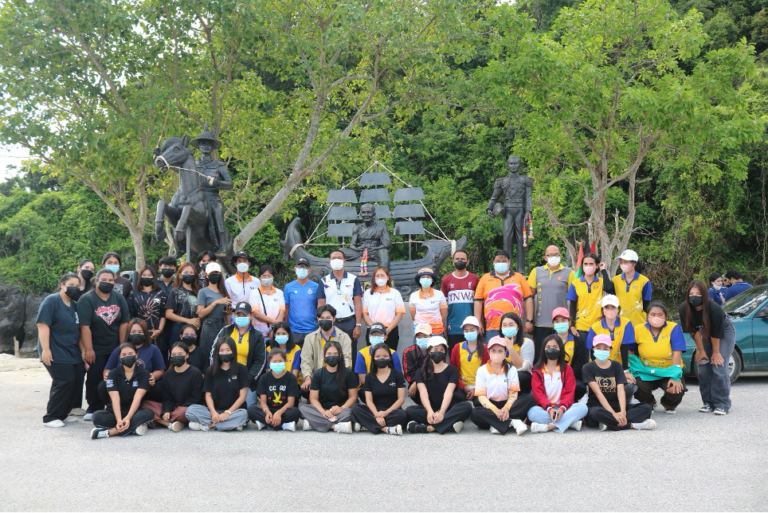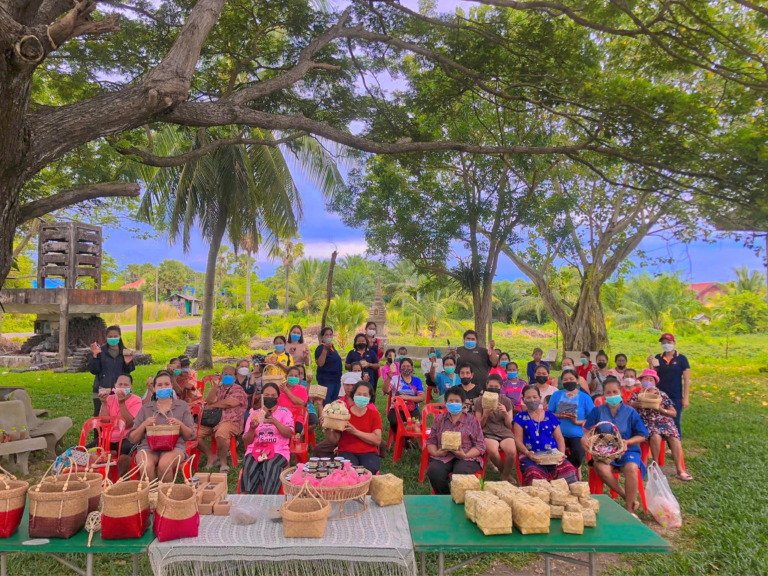Reporters : Mr. Sujinda Saehan, Mr. Ekkajak Intarat, Mr. Nitigon Jumniansuk, Mr. Thaksin Jeensuksang
Indicator : 6.3.4
Date : November 22, 2022
Related SDGs:
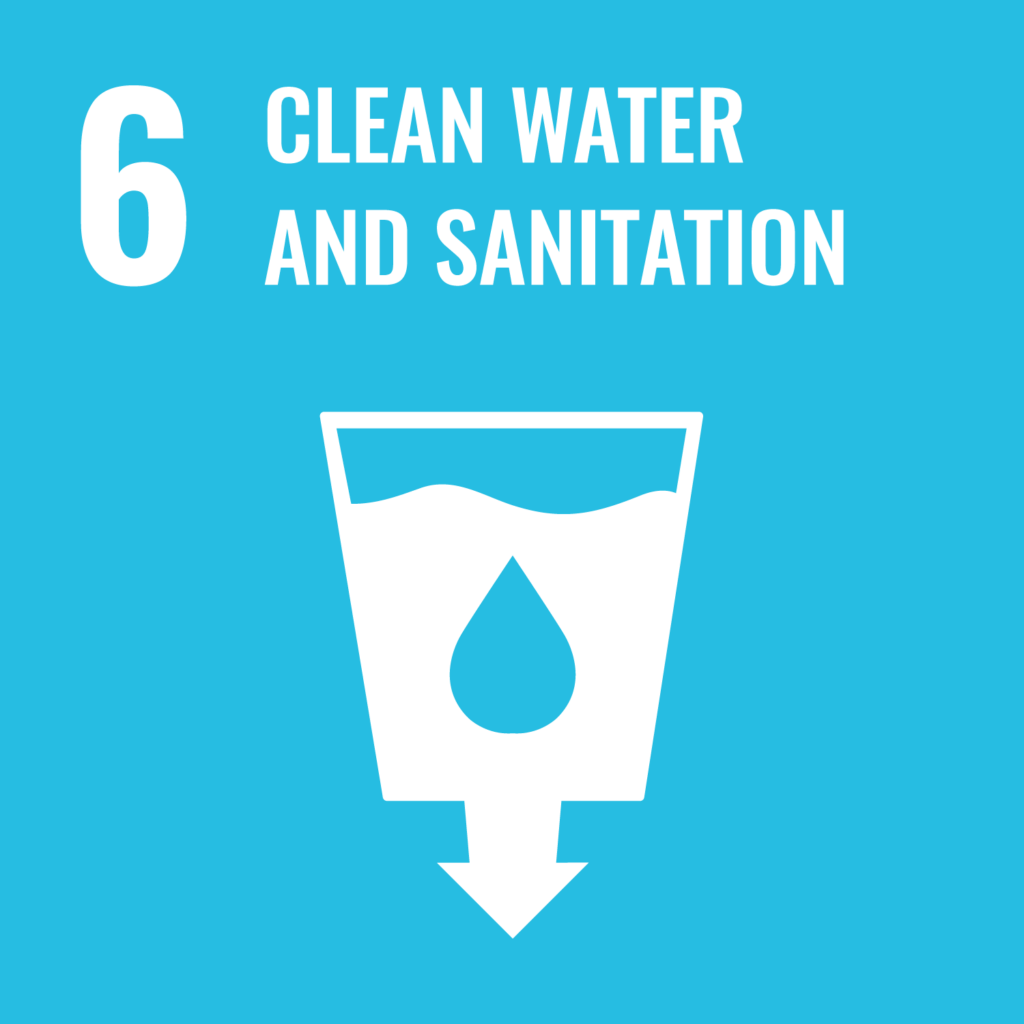
The use of smart agricultural greenhouses for learning and training at Rajamangala University of Technology Srivijaya, particularly in the context of “Smart Farming,” is an excellent initiative. Smart farming involves the integration of various technologies and data-driven approaches to optimize agricultural operations and resource management. It offers several benefits for both educational and practical purposes. Smart farming technologies help maximize resource efficiency by monitoring and controlling variables like temperature, humidity, and irrigation.
This can lead to reduced resource consumption and costs especially, the use of water which is important for sustainable and cost-effective farming. Smart farming practices often align with sustainable agriculture principles by implementing technology to control modern agricultural cultivation, including water and electrical systems used on farms, such as automatic irrigation control along with temperature and humidity measurement such as watering agricultural crops using mist that can reduce waste and resource usage, as well as can reduce the amount of water used in growing crops. Also, it can gain insights into how technology can be used for environmentally friendly farming.
Incorporating smart farming technologies into the curriculum can benefit students, the university, and the broader agricultural community. It can contribute to sustainable and efficient farming practices, which are increasingly important in a world with growing population and resource constraints.
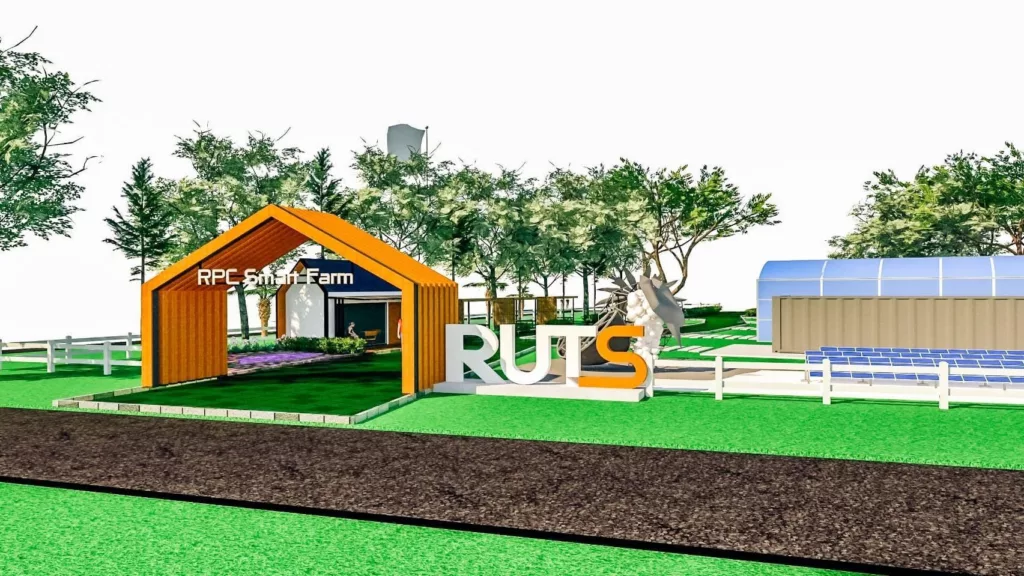
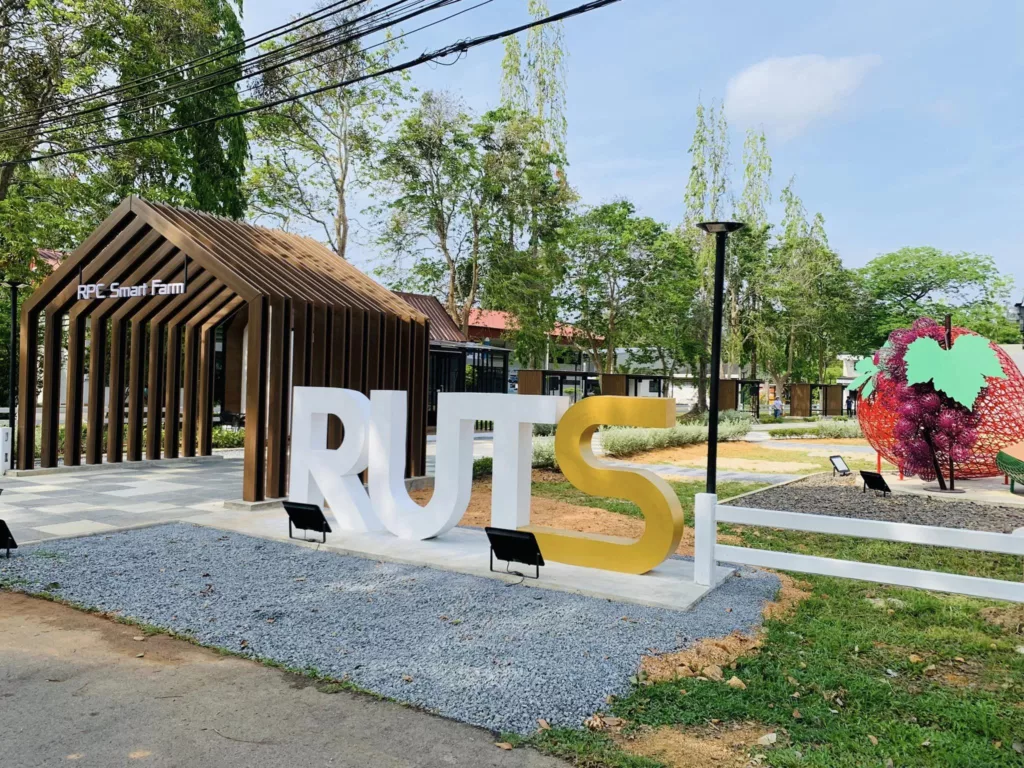





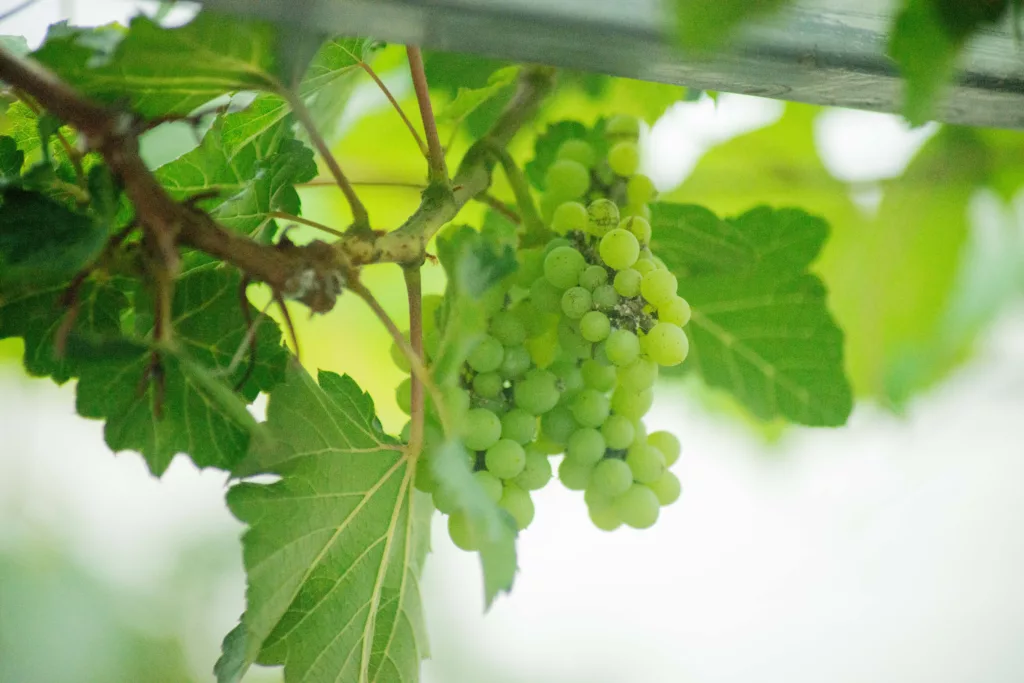
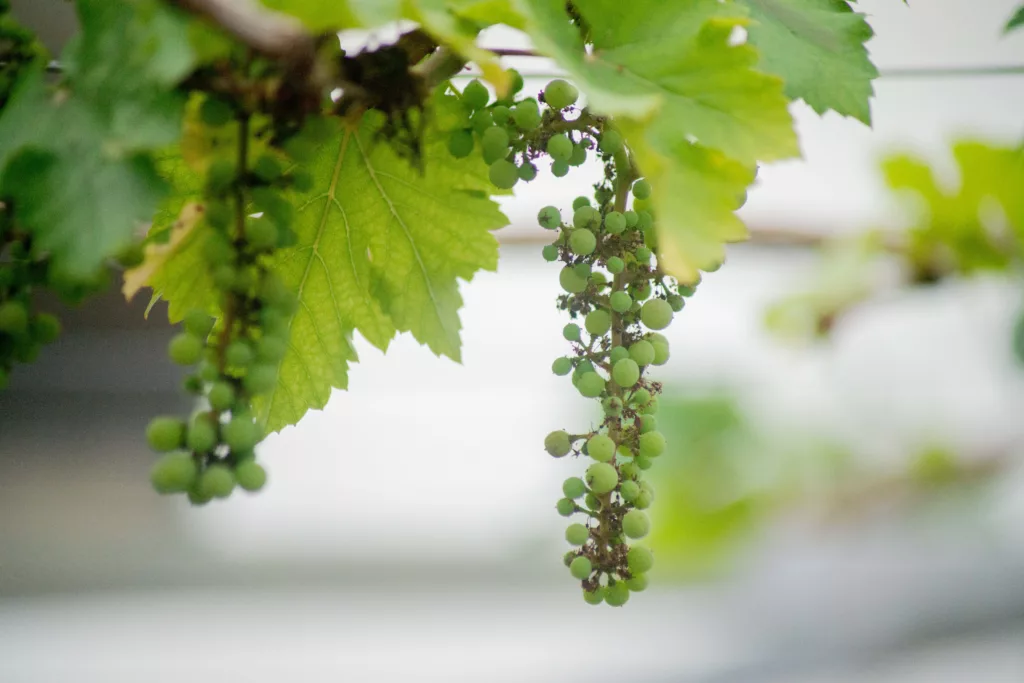


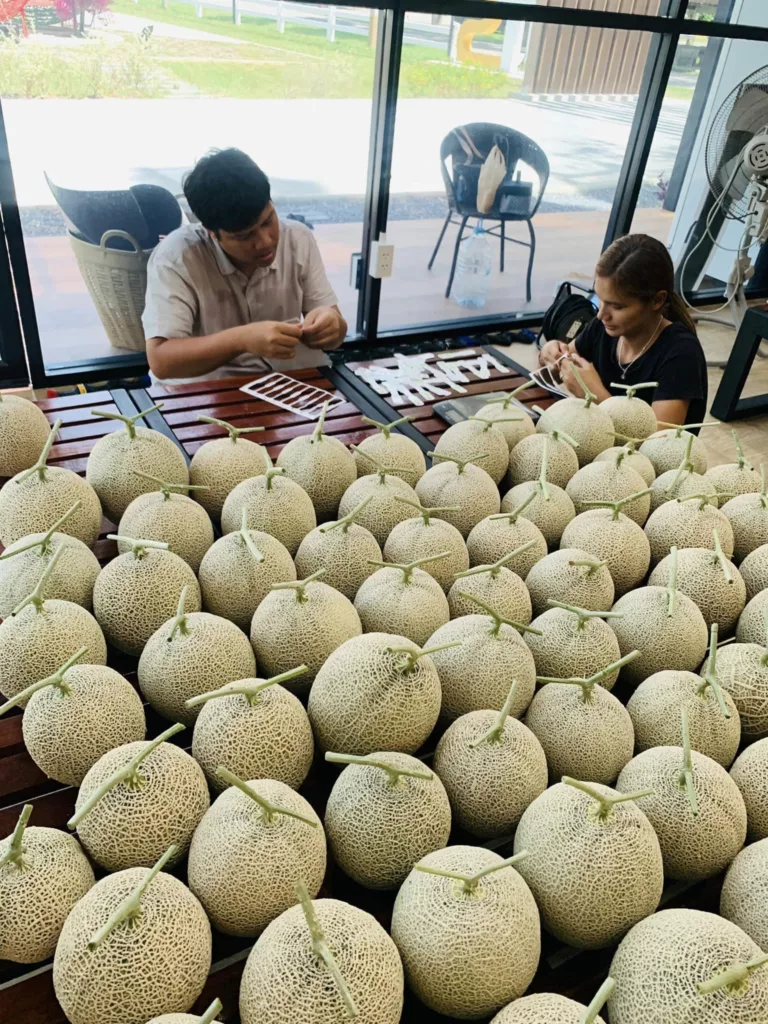
Related Links:
https://www.facebook.com/Rpc.Ruts
https://www.facebook.com/RPCAME
https://www.facebook.com/SAERUTS


